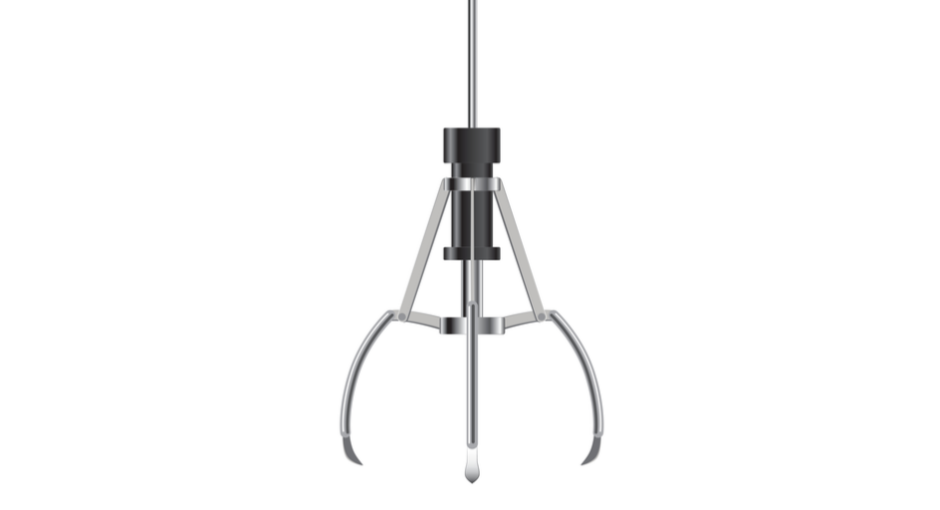Pharmacy benefits manager Express Scripts unfairly uses a Medicare pharmacy ratings system to wrongly claw back millions of dollars in drug reimbursement from pharmacies participating in the Medicare Part D prescription drug program, AIDS Healthcare Foundation (AHF) alleges in a lawsuit filed last week in federal district court in St. Louis, Mo.
AHF said Express Scripts’ claw backs boost its own profits at the expense of HIV/AIDS patients and other vulnerable groups. ESI was not immediately available for comment on the legal action.
“AHF brought this civil action to recover many millions of dollars taken by Express Scripts, purportedly pursuant to unconscionable contracts with AHF yet in violation of those very contracts and the covenant of good faith and fair dealing implied in those contracts, among other violations of AHF’s rights,” said AHF lead counsel Andrew F. Kim in a July 13 AHF news release.
AHF, the world’s largest AIDS healthcare and services provider, charged in its July 12 lawsuit that ESI misuses Medicare’s “star ratings” scoring system for Part D health plans and pharmacies to arbitrarily assign low performance scores to the pharmacies in ESI networks, including AHF pharmacies. ESI, a Cigna subsidiary and the nation’s second largest PBM, then uses the unfair scoring to justify Medicare drug payment claw backs often months or years after the fact, AHF said in the filing.
“CMS did not intend for the Star Ratings, or performance with respect to the Star metrics, to be used to extract money from healthcare providers,” the suit alleges. “The only penalty associated with a low Star Rating for a plan sponsor is the low rating itself. Yet … ESI perverts the Star metrics in the false name of ‘pharmacy performance’ to create and grow a profit center using Part D funds for both ESI and its plan sponsor clients.” Criteria in the ratings system include, for example, beneficiaries’ adherence to taking certain medications.
Pharmacies are bound to this claw back system due to a sharply skewed playing field, AHF argued. As one of the top three PBMs in the U.S., ESI “has much greater bargaining power than much smaller community and specialty pharmacies,” AHF said in its news release. “Express Scripts offers AHF and other pharmacies essentially ‘take-it-or-leave-it’ contracts with terms and conditions excessively favorable to Express Scripts and deleterious to AHF. Pharmacies like AHF must accept these contracts or lose access to countless patients.”
The claw back system underscores the parties’ unequal bargaining positions, AHF argued in the pleading. “The growth of the raw amount of claw back dollars … and in the percentage of prescription price represented by the claw back demonstrates the unequal bargaining power of the parties here and industry wide,” it said. “ESI and its plan partners have no competitive check on how much they increased the claw back or in how they administered the claw back programs, including in purporting to score the ‘performance’ of pharmacies or in determining the amount of the claw back.”
Moreover, “there is no valid business reason for applying the claw back to all prescriptions filled by AHF’s pharmacies, even of very expensive ARV drugs, which are not measured in ESI’s claw back programs, AHF charged.
AHF’s complaint alleges 14 counts of violations in nine states where AHF operates pharmacies, charging unfair or deceptive trade practices in California, Florida, Louisiana, New York, and Washington state, and also sets forth violation of “any willing provider” laws in Georgia, Illinois, Louisiana, Mississippi, and South Carolina.
The lawsuit states that more than 67,000 U.S. retail pharmacies participate in one or more ESI pharmacy benefit networks and that the PBM currently manages drug benefits for more than 80 million Americans.
AHF was awarded a roughly $23 million settlement in November 2021 against another PBM giant, CVS Caremark via an arbitration proceeding based on similar claims. It was unclear whether the group might take comparable legal action against the third major U.S. PBM, Optum. AHF is also mired in the policy battle against drug makers including Gilead that have imposed conditions on 340B contract pharmacy pricing, including requiring the submission of claims level data.


